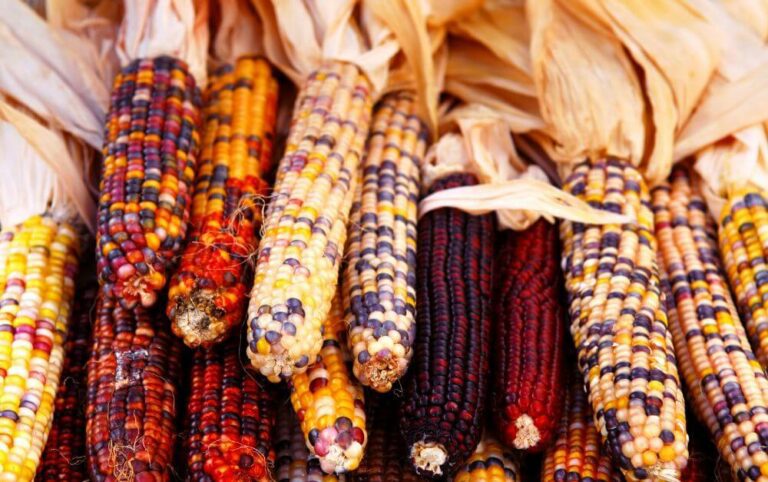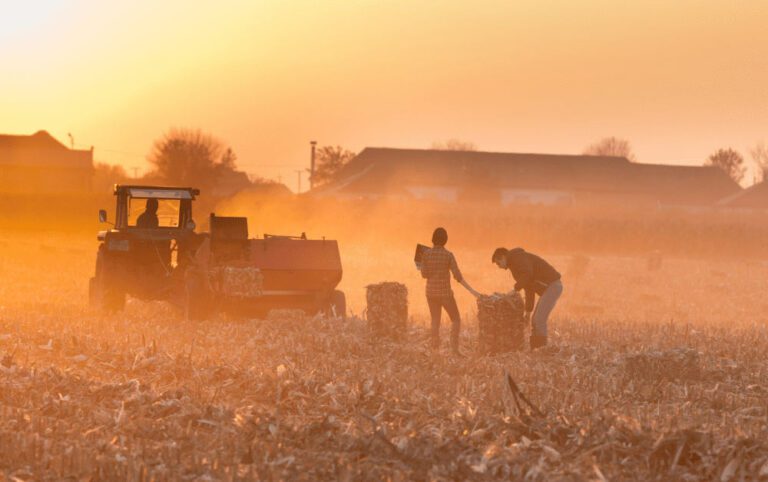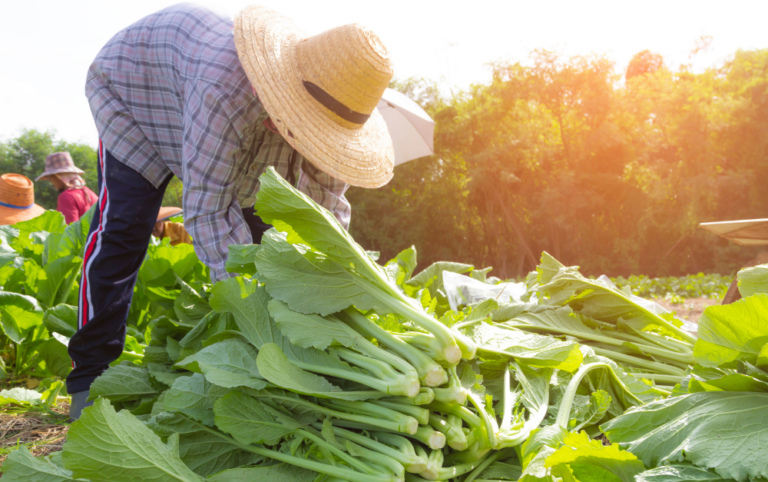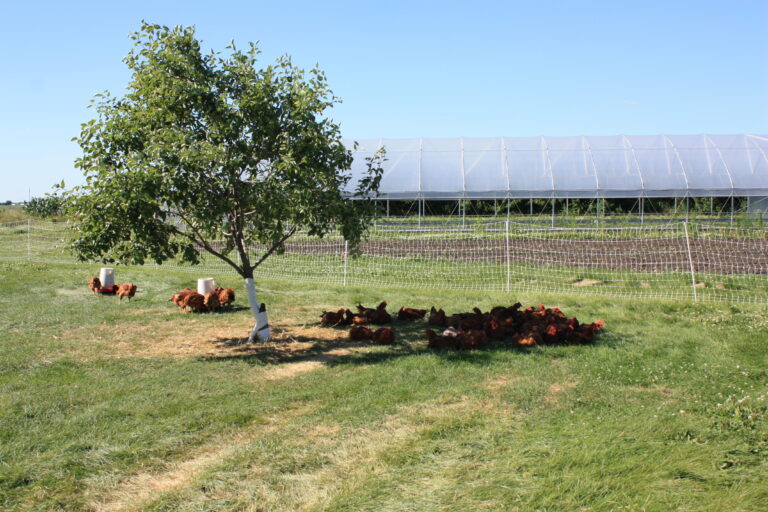On April 1, 2024, Mexico was set to follow through with its 2020 commitment to ban the toxic herbicide glyphosate (the active ingredient in Bayer’s Roundup in the USA and Faena in Mexico) by 2024. When the plan to phase out glyphosate and genetically engineered (GE) corn was originally laid out, Mexico’s government cited the purpose of the new policies as “contributing to food sovereignty and security” and the health of the Mexican people, as well as protecting native corn from contamination by GE pollen. Glyphosate is a pervasive herbicide frequently used on corn and other commodity crops, and genetically engineered corn is often modified to—among other things—be resistant to glyphosate.

News & Analysis
About every five years, the U.S. Congress passes the biggest set of food and farming policies that define the majority of federal farm, food, nutrition, and rural economic programs. At a cost of about $440 billion over five years, these programs influence: What is grown; who grows it; how it is grown or produced; what is done with those products and where they are sold; who can access and afford those goods; and how we invest in rural communities.
By supporting good legislation, opposing bad legislation, and building up a network of supporting organizations, it is our hope that we can collectively move the needle on farmworker rights in the right direction.
Watch and listen as two experienced farmers share stories and practical approaches for small-scale, diversified farms that use the principles of agroecology. This discussion may provide you with ideas that small farms where you live can adapt and thrive.
After many long days of negotiations, the U.N. Environment Programme (UNEP) made a historic move for safer food and farming by passing a resolution on highly hazardous pesticides (HHPs) that calls for action to globally phase out the use of the world’s most toxic pesticides by 2035. Tied with this resolution was the passing of a mandate for UNEP to implement this commitment by forming the Global Alliance on HHPs.
PFAS are persistent and have the potential to affect human health for many years. Some pesticides have PFAS in their formulations and others leach PFAS from their containers.

Television show and body testing confirm children’s exposure to neurotoxic pesticide
February 4, 2016
Parents cite injustice, call for a ban on widely-used chlorpyrifos FOR IMMEDIATE RELEASE: February 4, 2016 Cutler-Orosi, California and Kekaha, Hawai’i – Following a two-hour special that aired on French television earlier this week and was posted online yesterday, mothers and health professionals are pressing

TPP: Not a done deal
February 4, 2016
The Trans-Pacific Partnership (TPP) has just been signed by all twelve participating countries. But the massive and highly controversial trade agreement still has a long and rocky road ahead before it can go into effect.
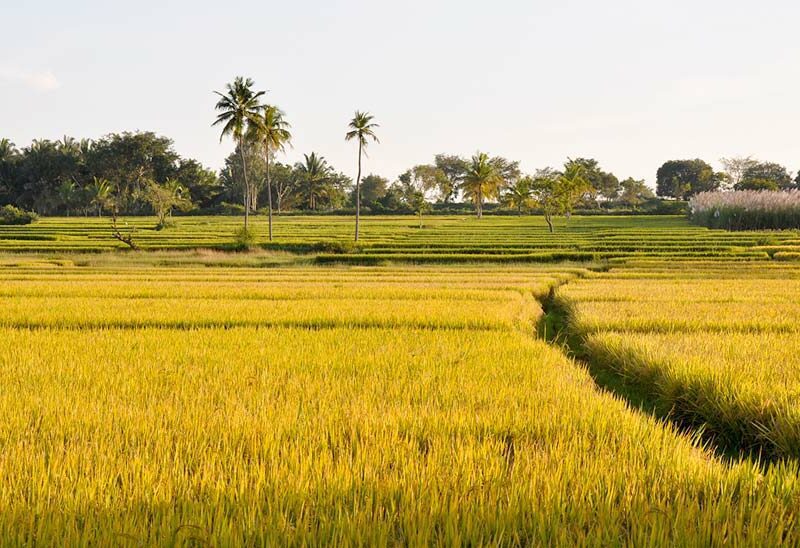
Going organic in India
February 4, 2016
What does it take to turn 75,000 hectares of farmland organic? Well, people in the state of Sikkim can now speak to that. A mountainous region in eastern India, Sikkim recently became the first state in that country to go fully organic.
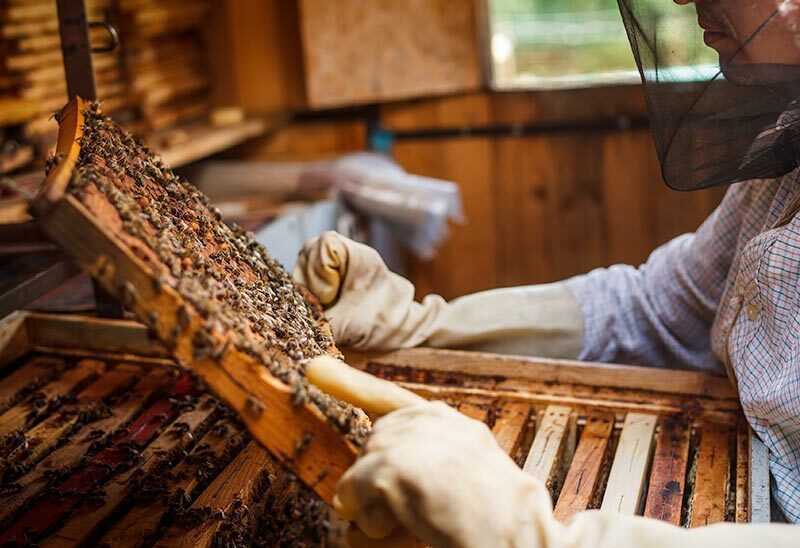
EPA: Finally connecting the dots?
January 29, 2016
More than 20 years after neonicotinoid pesticides hit the market, the U.S. Environmental Protection Agency (EPA) has released its first assessment of the impacts on honey bees. Looking at one neonic in isolation — Bayer’s imidacloprid — the agency acknowledges some harm to bees. But
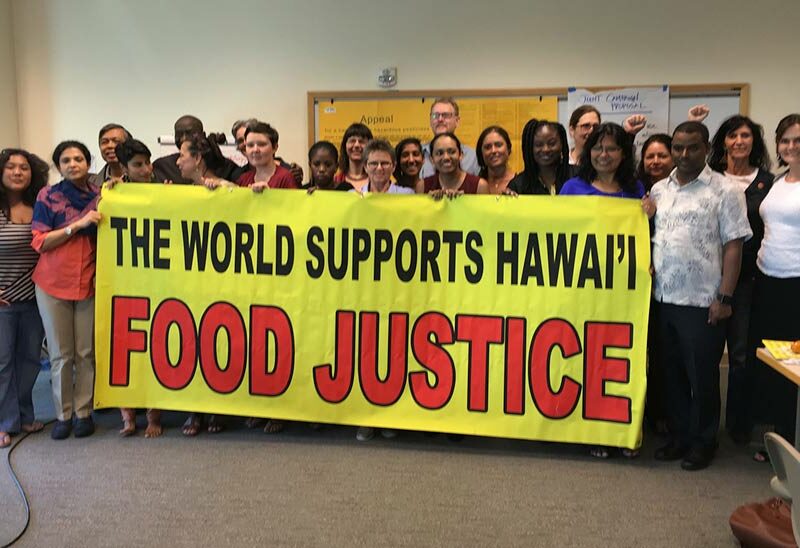
Power & promise in Hawai’i
January 27, 2016
Last week I joined the PAN International family — or ohana, to use the Hawaiian phrase — in Honolulu to share, strategize and inspire one another. In this beautiful setting, people from 14 countries, including activists from the Hawaiian Islands, concluded by agreeing that “the



